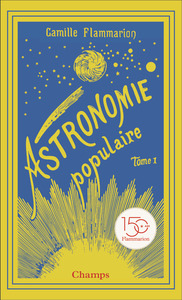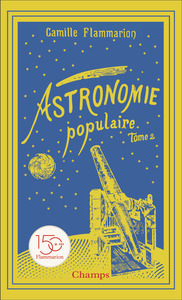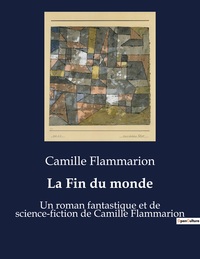Nous utilisons des cookies pour améliorer votre expérience. Pour nous conformer à la nouvelle directive sur la vie privée, nous devons demander votre consentement à l’utilisation de ces cookies. En savoir plus.
Omega
EAN : 9791041802982
Édition papier
EAN : 9791041802982
Paru le : 19 juil. 2023
18,95 €
17,96 €
Disponible
Pour connaître votre prix et commander, identifiez-vous
Notre engagement qualité
-
 Livraison gratuite
Livraison gratuite
en France sans minimum
de commande -
 Manquants maintenus
Manquants maintenus
en commande
automatiquement -
 Un interlocuteur
Un interlocuteur
unique pour toutes
vos commandes -
 Toutes les licences
Toutes les licences
numériques du marché
au tarif éditeur -
 Assistance téléphonique
Assistance téléphonique
personalisée sur le
numérique -
 Service client
Service client
Du Lundi au vendredi
de 9h à 18h
- EAN13 : 9791041802982
- Réf. éditeur : 291538
- Date Parution : 19 juil. 2023
- Disponibilite : Disponible
- Barème de remise : NS
- Nombre de pages : 206
- Format : H:210 mm L:148 mm E:11 mm
- Poids : 274gr
- Résumé : Born in 1842, Camille Flammarion was a French astronomer who wrote many popular books about science and astronomy, together with a number of novels which we would now consider to be science fiction. He was a contemporary of H. G. Wells and Jules Verne, though his works never achieved their level of popularity. Omega: The Last Days of the World is an English translation of Flammarion's novel La Fin du Monde, published in 1893. The book's fictional premise is the discovery of a comet on a collision course with the Earth in the 25th century. However, this is mostly a pretext on which Flammarion can hang his interesting scientific speculations about how the world will end, together with philosophical thoughts about war and religion. Much of the scientific description he uses in the book, while accurately representing the knowledge and thinking of his time, has today been superseded by modern discoveries. For example, we now know the source of the Sun's energy to be nuclear fusion rather than being due to gravitational contraction and the constant infall of meteorites. When talking about the ills of society, however, Flammarion could well be talking about today's world. For example, he excoriates the vast waste of society's resources on war, and demonstrates how much more productive each nation's economy would be without it. He also depicts the media of his future world as having been entirely taken over by commercial interests, publishing only what will excite the greatest number of readers rather than serving the public interest. Omega ranges over a vast period of time, from prehistory through to millions of years in the future when mankind has been reduced to the last two doomed individuals. Nevertheless, the book ends on a hopeful and inspiring note.
- Biographie : Camille Flammarion, 1842-1925. Astronome, fondateur de l'observatoire de Juvisy et de la Société astronomique de France. En marge de ses travaux officiels, il s'intéressa aux aspects inexpliqués de la réalité, et fit un remarquable travail de vulgarisateur. Affirmant qu'il n'y avait là aucun mystère mais uniquement de l'ignorance, il s'efforça, en les étudiant à la lumière de la méthode scientifique, d'ouvrir un chemin vers un nouveau champ d'étude que la science, à son avis, ne pouvait éviter.












